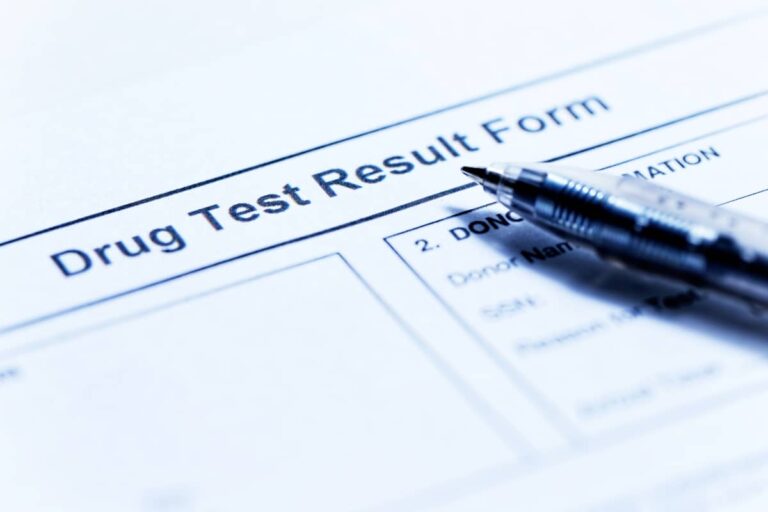
With its popularity surging over the last few years, you may have considered adding CBD Oil to your diet.
But if you're a professional athlete or your job requires you to take urine drug tests, you may have heard stories of people who have received positive drug screening results and claimed CBD products are the culprit.
So, can CBD Oil cause you to fail drug testing?
CBD, or Cannabidiol, is one of over a hundred naturally occurring compounds in the Cannabis Sativa, or Hemp plant.
Cannabinoids interact with the body's endocannabinoid system, a relatively recently discovered network of receptors that interact with the body's central and peripheral nervous systems, which control a wide range of the body's functions.
Cannabinoids don't typically form a part of our diet, so taking CBD Oil as a supplement can help to provide the body with all the essential nutrients it needs to function at its peak.
The short answer to whether or not CBD Oil will show up on a drug test is no - Drug tests screen for THC (Tetrahydrocannabinol), not CBD. This is the substance that, if present, will cause someone to yield a positive drug test result.
THC is the psychoactive compound in cannabis that gets you "high", while CBD is non-psychoactive and does not produce any psychoactive effects.
However, it's important to note that CBD Oil can contain trace amounts of THC (<0.3%), so if you consume CBD Oil regularly, there is a slight chance that you could test positive for THC.
In short, CBD Oil can contain THC in trace amounts, but that typically will not be in high enough quantities to cause a negative test result.
To be legal, CBD Oil must be manufactured from a specific strain of the cannabis plants that is naturally low in THC metabolites, and the THC content of the final product must be lower than 0.03%.
The levels of THC will vary depending on how the oil has been produced.
There are three primary types of CBD Oils and products:
Full-spectrum CBD oils contain all of the compounds that can be found in the cannabis plant, which includes THC in very small quantities.
This means that users get the biggest benefit from the entourage effect, where all of the compounds in the plant work together in the way that nature intended.
Broad-spectrum oils have been refined to remove the THC, and a number of the other compounds, so they only contain a handful of the compounds found within the plant.
These oils can still benefit from the interactions between the compounds; however, the effect is less pronounced than a full-spectrum oil.
CBD isolates are oils or products refined to contain nothing but pure CBD.
While these still allow users to benefit from the properties of CBD, they lack the other compounds found in the cannabis plant and will not benefit from the entourage effect.
If you are concerned about testing positive for THC, it is best to avoid full-spectrum and broad-spectrum CBD extracts, as they will contain small amounts of THC.
CBD isolates are the safest option if you need to take a drug test.
There are a few things you can do to avoid testing positive for THC when taking CBD Oil:
CBD Oil is an excellent supplement for those looking to improve their health and wellbeing, but it's essential to be aware of the potential risks if you are subject to drug testing. Following the tips above can minimize the chance of testing positive for THC.
All reputable CBD Oil suppliers will have their products tested by an independent lab to ensure they meet the legal requirements for THC content.
This gives a full breakdown of the cannabinoid compounds found within the CBD product and will help you to stay informed about the product you're buying.
Be wary of any CBD companies that won't show you these lab reports, as it could be a sign that they are trying to pass off inferior products.
The third-party lab reports for all of our products can be found on the product pages, so you can be sure you're not buying a product that will cause you to fail a drug test.
CBD can be detectable in urine for most people four to five days after consumption. According to a study by the Journal of Analytical Toxicology, CBD is detectable in urine for up to five days after a person consumes it.
However, this can vary depending on the following factors:
People who use CBD products every day will have traces of CBD in their system for a more extended period than those who use them less frequently. This is because CBD is stored in the body's fat cells and is released gradually over time.
CBD is metabolized by the liver and then excreted in the urine. The speed at which this happens depends on the person's metabolism. Those with a faster metabolism will excrete CBD from their system more quickly than those with a slower metabolism.
CBD is stored in the body's fat cells. This means that people with a higher body fat percentage will have traces of CBD in their system for a longer period of time than those with a lower body fat percentage.
CBD can be consumed in a variety of ways, including oils, capsules, edibles, and topical products. The method of consumption affects how long it takes for CBD to be excreted from the body.
CBD oils and capsules are typically metabolized more quickly than edibles or topical products, as they are directly absorbed into the bloodstream. This means that they will be detectable in urine for a shorter period of time.
Topical products and edibles, like CBD gummies, on the other hand, are metabolized more slowly as they are first broken down in the digestive system. This means they will be detectable in urine for a longer period of time.
Smoking or inhaling CBD will also cause it to be detectable in urine for a shorter period of time, as it is metabolized more quickly when inhaled.
The amount of CBD you consume will also affect how long it stays in your system. If you consume a large amount of CBD at once, it will be detectable in your urine for a longer period of time than if you consume a small amount.
Research has shown that taking 1.35 milligrams of CBD made it detectable in the blood for six hours after ingestion. This means that if you take a high dose of CBD, it could be detectable in your blood and urine for longer periods.
In the UK, employers are not legally allowed to test for CBD in employees. This is because CBD is not a controlled substance under the Misuse of Drugs Act 1971.
However, employers may test for cannabis if they have a reasonable suspicion that an employee is using it. This could happen if an employee is behaving erratically or if they smell of cannabis.
If an employer does test for cannabis, any CBD in the employee's system will show up as a positive result. This is because CBD is a cannabis-derived compound and will show up on a cannabis drug test.
If you need to clear CBD from your system quickly, there are a few things you can do.
The bottom line is that CBD will not cause you to test positive on a saliva drug test.
Without knowing the thresholds for the specific drug test being used, it's difficult to say for sure, but any legally produced lab-verified CBD oil should not contain enough THC to cause you to fail a drug test.
If you are concerned about the levels of THC affecting a drug test but you still want to give CBD a go, our Release CBD Patches are 100% THC free, giving you all of the benefits CBD has to offer without the risk of failing a drug test.
The chances of failing a drug test if you use CBD oil are very low, as most commercially available CBD products contain less than 0.3% THC. However, it is possible to fail a drug test if you use a product that has more than 0.3% THC or if you consume a large amount of CBD oil.
A single dose of 100 mg of CBD will stay in your system for around three days. However, this is only an estimate, as the exact amount of time that CBD stays in your system will vary depending on a number of factors, such as your age, weight, and metabolism.
CBD will typically stay in your system for around two to five days, although this varies depending on how much you use, how often you use it, and your individual metabolism.
No, hemp lotion will not show on a drug test. Drug tests are designed to detect THC, the psychoactive component of cannabis, and not CBD. However, it is possible that trace amounts of THC could be present in some hemp lotions, so it is always best to check the label to be sure.
No, CBD will not show up on a drug test for the military. Just like with any other job, the military requires soldiers to take a drug test. However, CBD oil does not contain enough THC to trigger a positive result on a drug test.
No, CBD is not a drug. CBD is a compound that is found in cannabis plants, but it does not have the same psychoactive effects as THC, the compound that is responsible for the "high" associated with cannabis use. This means that CBD will not make you feel high, and it will not show up on a drug test.
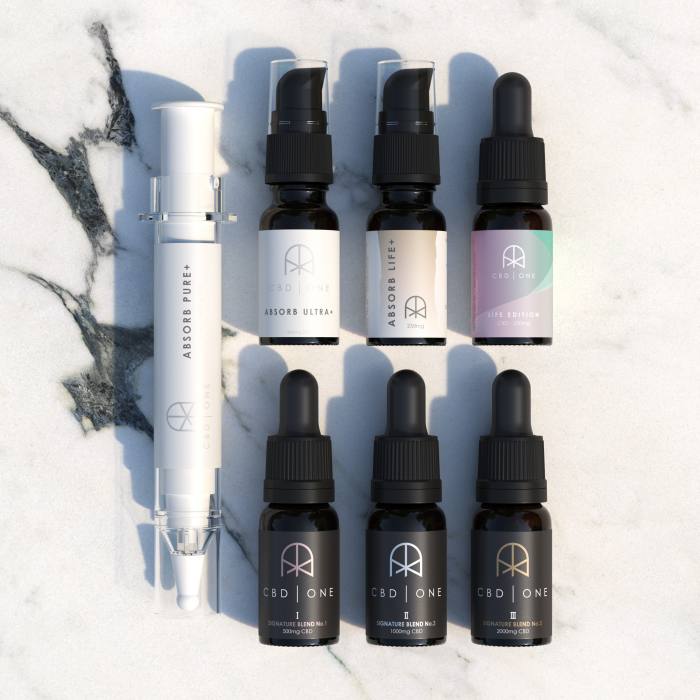
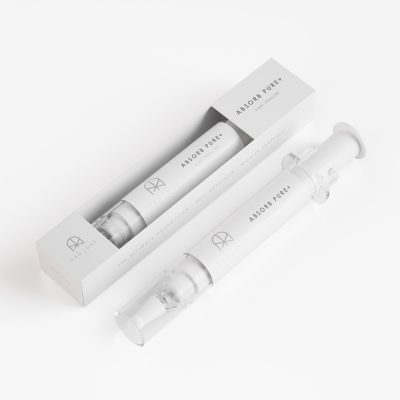
Bioavailability:?Bioavailability | 99% |
CBD content:?CBD content | 800mg | 1600mg | 4000mg |
Cannabinoid spectrum:?Cannabinoid spectrum | Full |
| Daily use: | Once daily |
Best for:?Best for | Powerful water-soluble option |
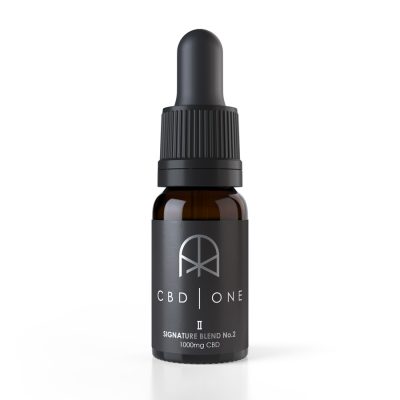
Bioavailability:?Bioavailability | 12 % |
CBD content:?CBD content | 1000mg | 2000mg | 5000mg |
Cannabinoid spectrum:?Cannabinoid spectrum | Full |
| Daily use: | 1-3 times |
Best for:?Best for | All round oil |
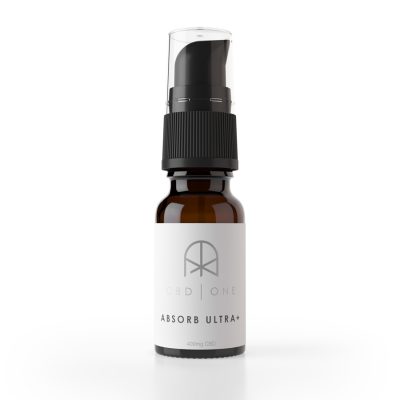
Bioavailability:?Bioavailability | 99% |
CBD content:?CBD content | 400mg | 800mg | 2000mg |
Cannabinoid spectrum:?Cannabinoid spectrum | Full |
| Daily use: | Once daily |
Best for:?Best for | Great all-rounder |
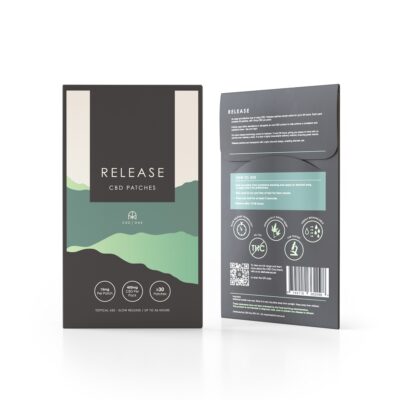
Bioavailability:?Bioavailability | 40%+ |
CBD Content:?CBD Content | 450mg | 900mg | 1350mg |
Cannabinoid spectrum:?Cannabinoid spectrum | Pure CBD |
| Daily use: | Once |
Best for:?Best for | Round the clock super-effective dosing |